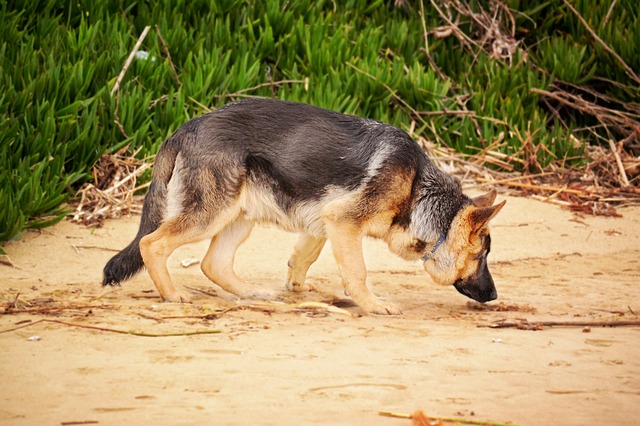I often joke that my dog, Finch “holds his poop for ransom” until he gets his daily walk. Not only does he refuse to move his bowels in the backyard, he also waits until the very end of his walk to go.
While the answer to Finch’s persnickety poo behavior is pretty simple – he wants to get the longest walk possible – other doggy-doo dilemmas are not so cut and dried.
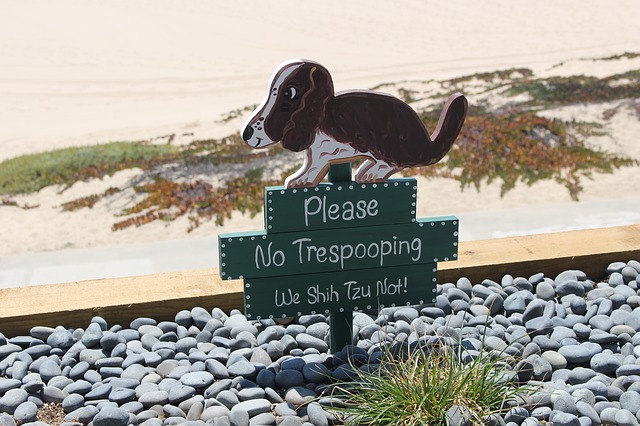
There are a variety of possible social, behavioral and medical reasons for our dogs’ strange elimination habits. Here are a few of the more common causes of picky pooping practices in pups:
Like Finch, some dogs are simply too smart to fall for our human tricks.
My dog is not the only pooch to hold his poop hostage until he gets what he wants. If a dog’s walk or time in the yard abruptly ends after he has a bowel movement, chances are he will learn to hold it as long as possible in order to prolong the fun.
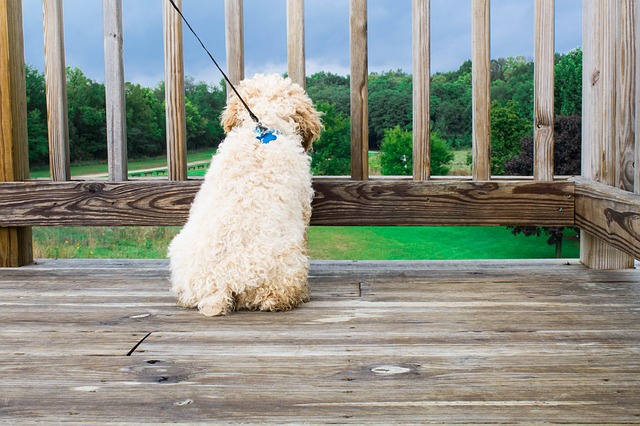
Poop is the canine equivalent of a social media status update.
Elimination is more than just a way for dogs to relieve themselves. They actually use their poop and pee to send each other “messages.” According to Carlo Siracusa, director of the Small Animal Behavior Service at the University of Pennsylvania’s veterinary teaching hospital:
“These messages can tell your dog how many other dogs are in the immediate area, the sexual status of those dogs…whether a particular dog is a friend or an enemy, what he or she had for lunch, and when they were last in the area.”
Studies suggest that dogs are affected by the earth’s magnetic poles.
According to a detailed two-year study published in Frontiers in Zoology, dogs seem to prefer aligning their bodies along the North–South axis when they poop. After studying thousands of individual canine eliminations (both urination and defecation), the researchers ruled out other influences on their positioning such as time of day, angle of the sun, and wind speed.
This susceptibility to the earth’s magnetic fields likely accounts for the strange twisting-turning dance our dogs perform before squatting.
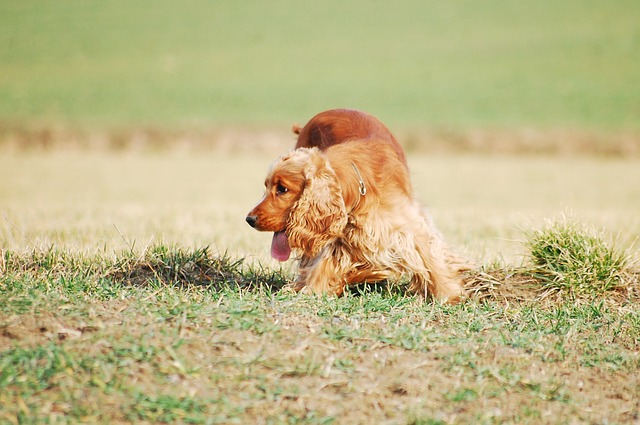
Some dogs are simply picky about where they poop.
Despite the clear social and scientific implications of pooping in public, some dogs have developed performance anxiety surrounding where and when they relieve their bowels. They may enjoy a lovely walk without pooping and then go in their own yard upon returning home.
Some may be too excited by the sights, sounds and smells they experience on their walks to focus their energy on elimination. Others require silence, privacy, or a certain type of grass beneath their paws to be comfortable. And particularly nervous dogs may encounter fear triggers (think noisy school buses and garbage trucks) causing them to be too anxious to poop.
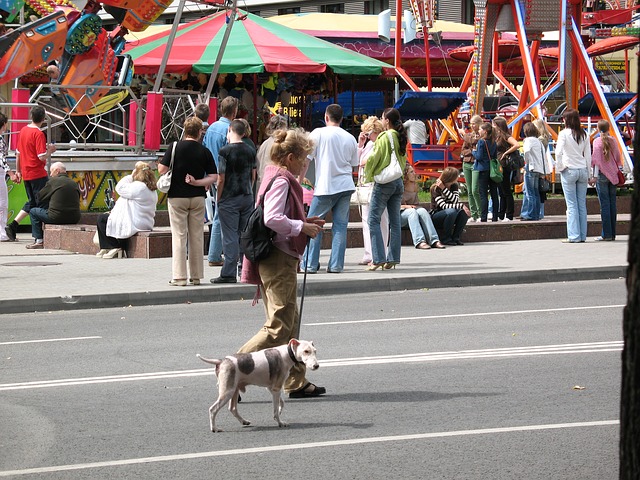
If your dog’s issues seem to go beyond quirkiness, seek veterinary attention.
There is a big difference between picky pooping and constipation. If your dog has gone more than 48 hours without having a single bowel movement, is straining to go, crying while squatting, or appears bloated, there could be a medical issue. In addition, your vet is an excellent source for advice on proper diet, behavioral training, and anxiety issues – all of which can impact your dog’s eliminations.
H/T to Wired
Featured Image via Flickr/Indi Samarajiva
